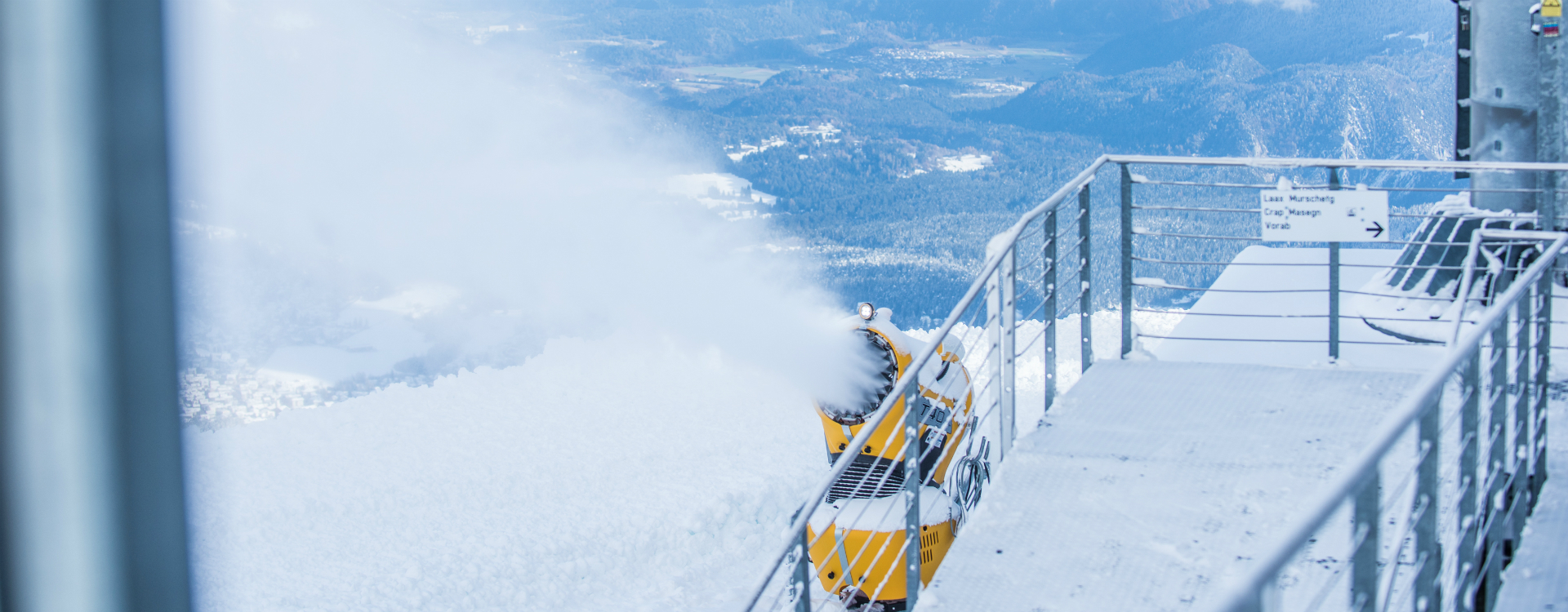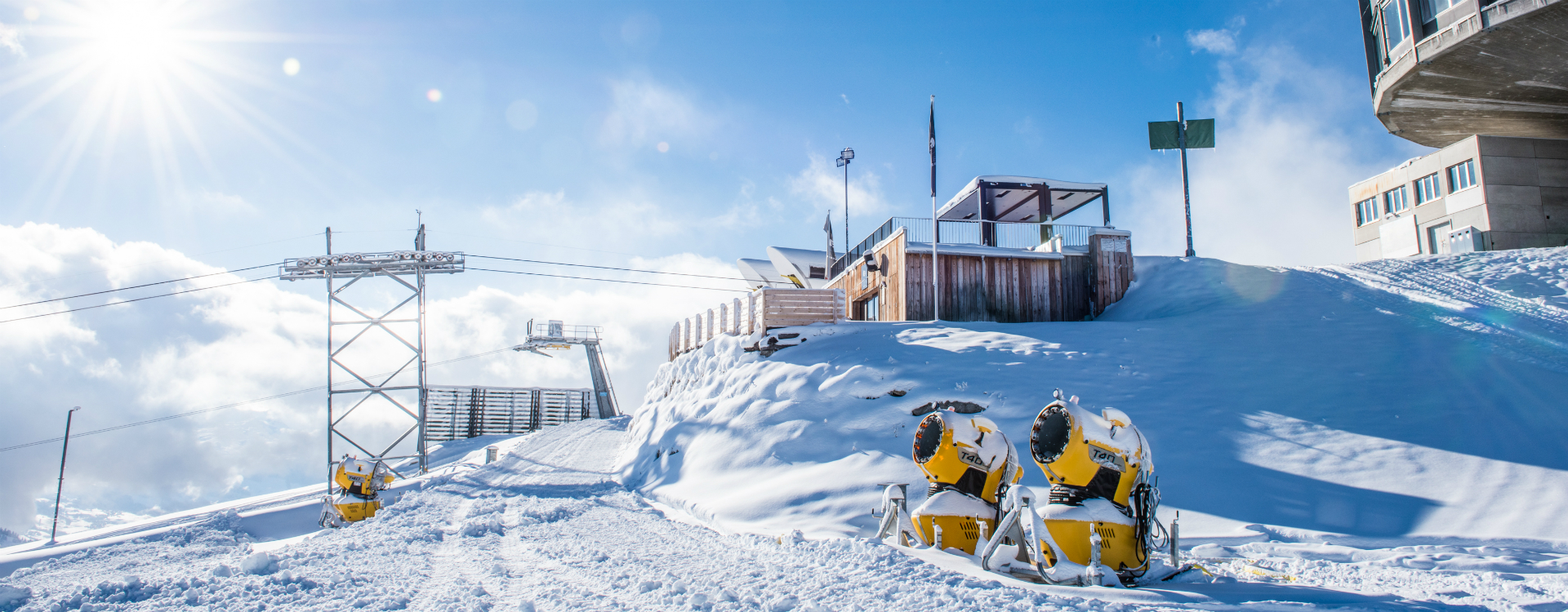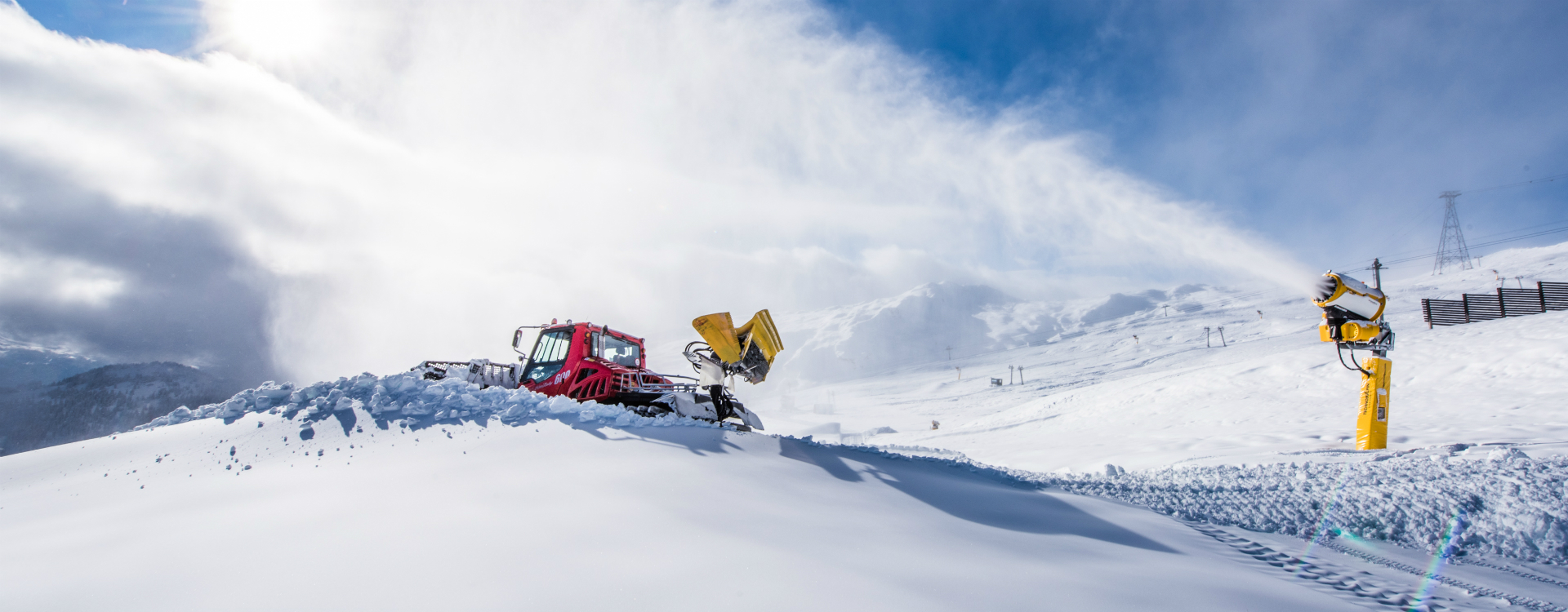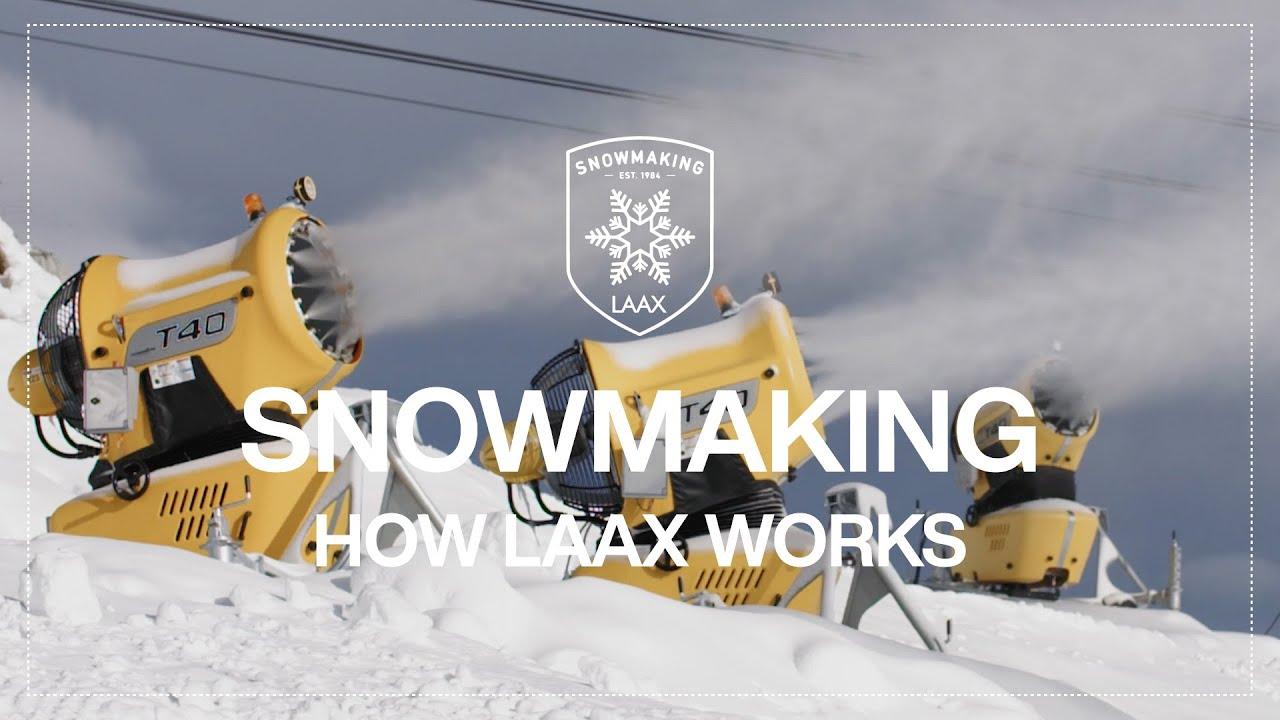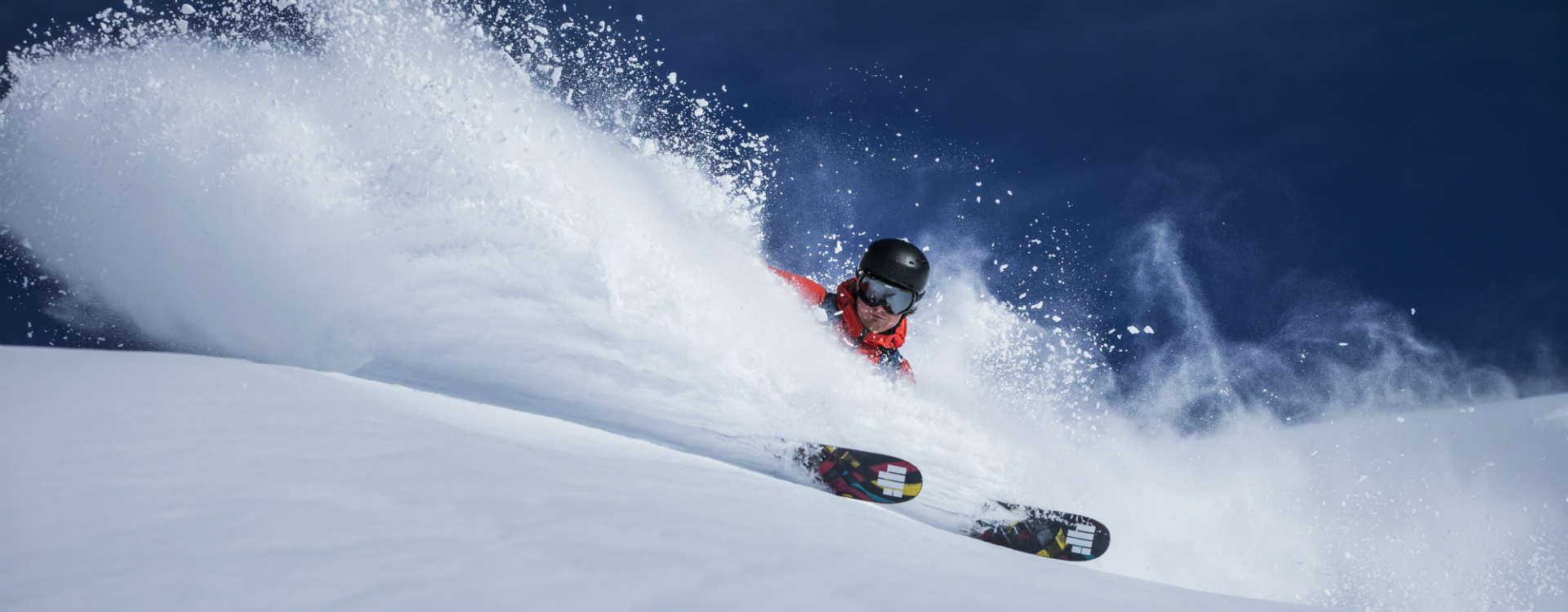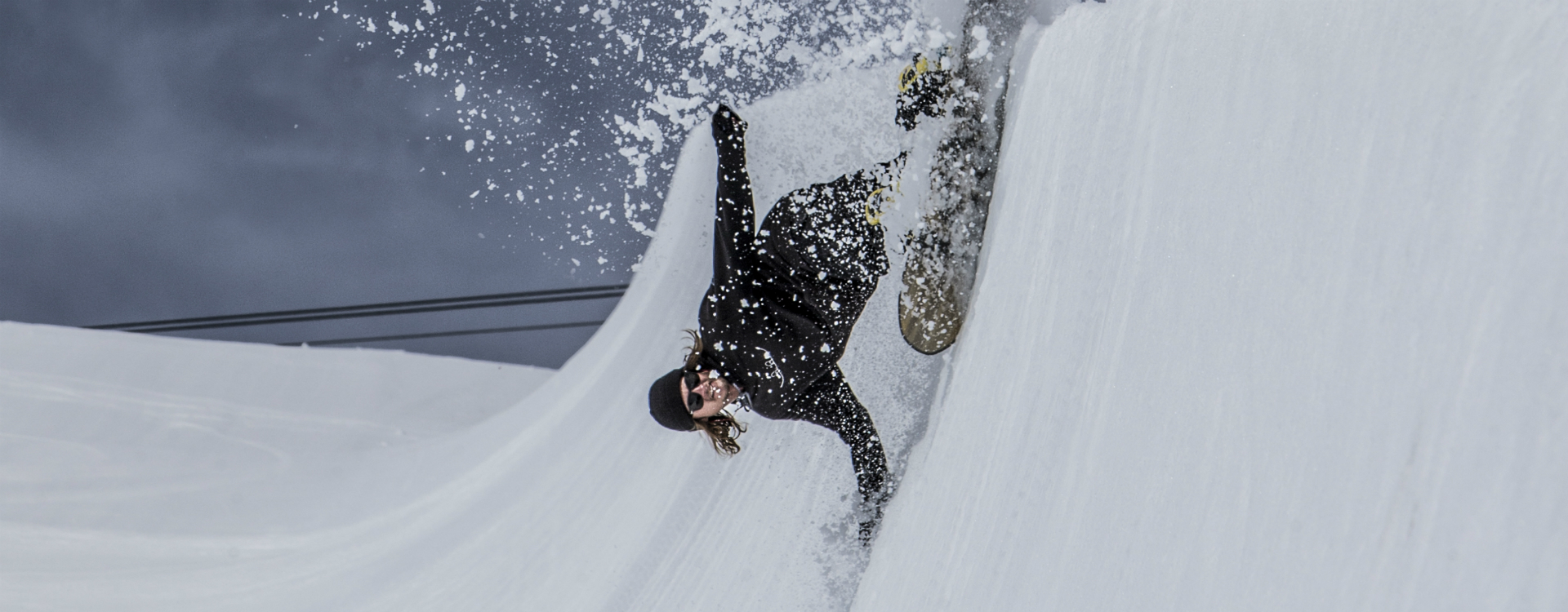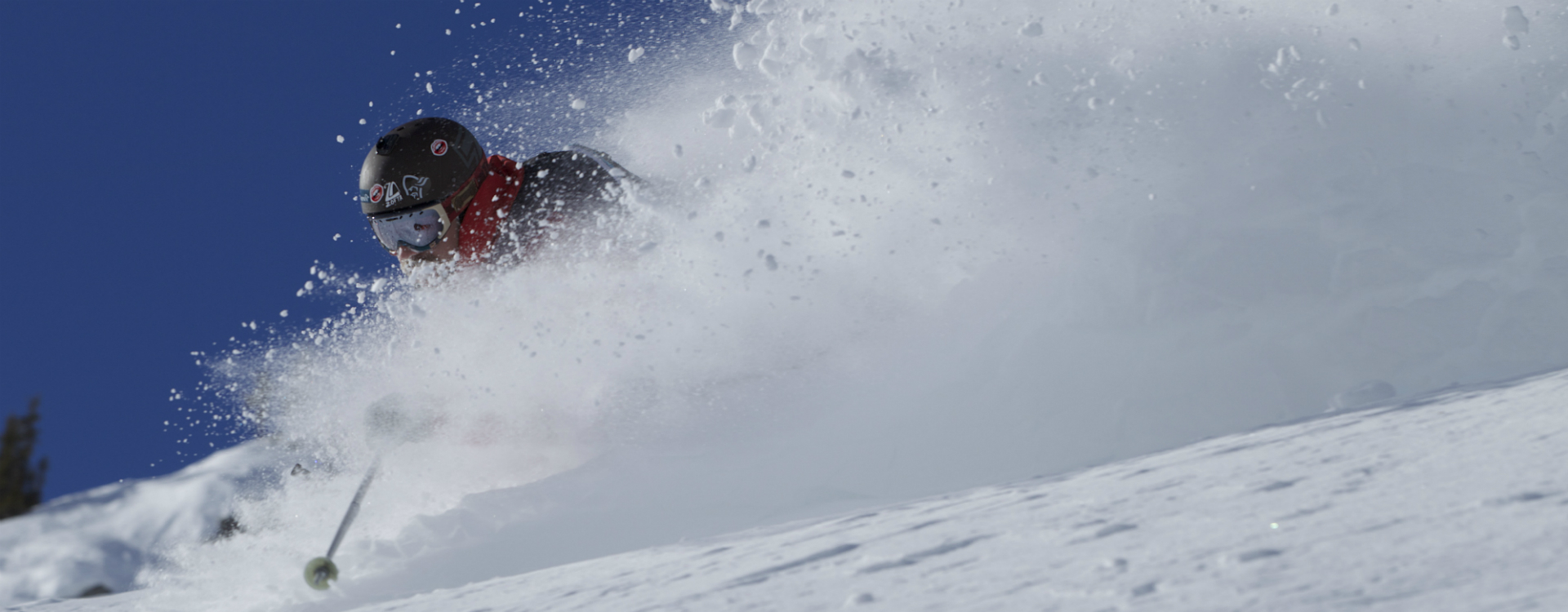Specials
Pistes good, everything good!
How easy it is to kid yourself. Just crawl up and down the piste a few times with a snow groomer – that’s not how it works! Good pistes, like good wine, take time. Our snow groomer drivers and our snowmakers, also called Mrs. Holles deputy, give their best day and night to grant you your perfect day on the pistes of LAAX.
First preparatory work in the Summer
The life of a perfect piste actually starts a lot earlier – when the meadows are still green, the alpine roses and gentians are blooming, the cows are grazing and hikers and mountain bikers have taken over the mountain. Preparing the pistes to meet the demands of snow sports enthusiasts is an ongoing and, what’s more, a time-consuming process.
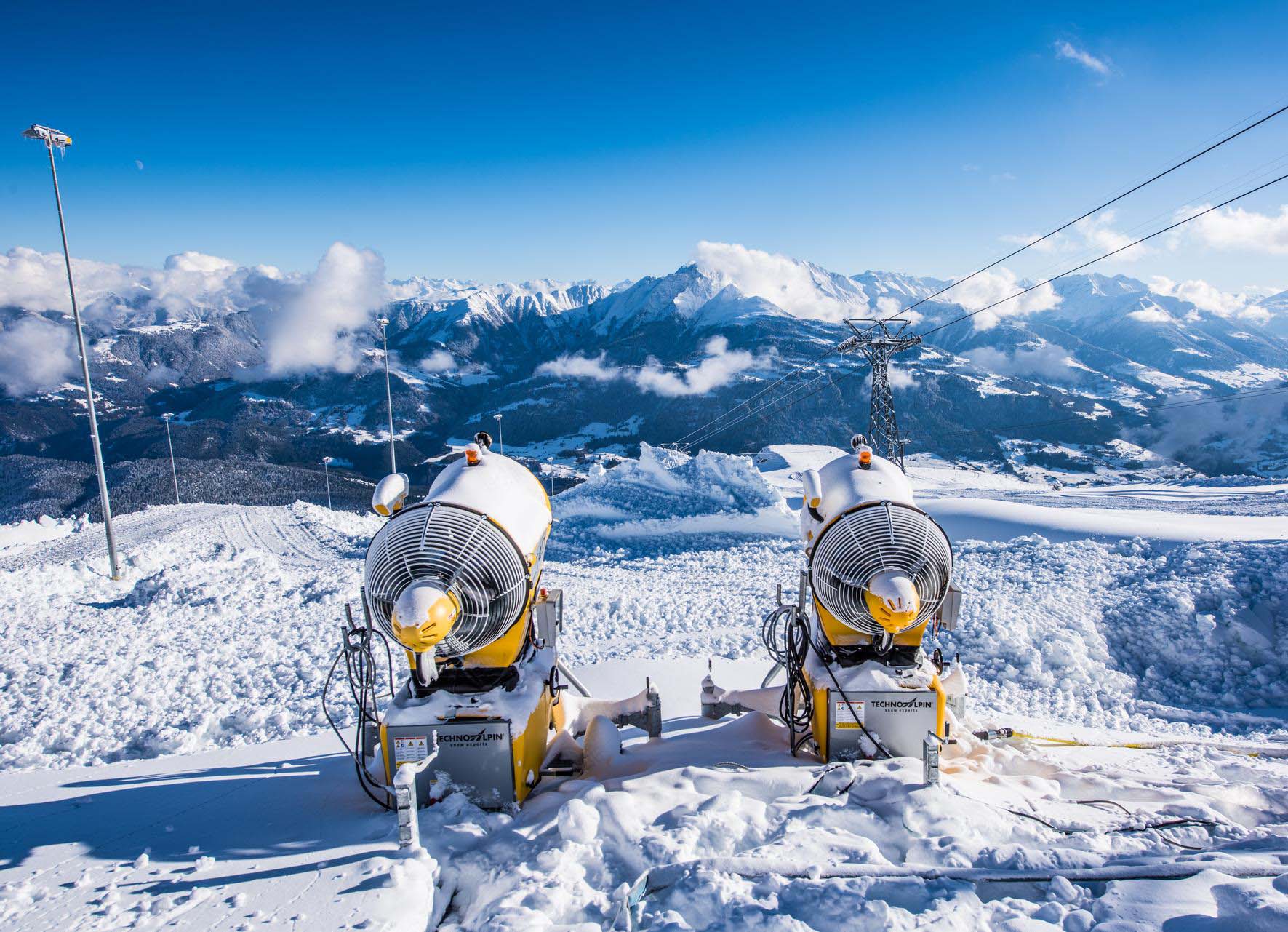
Things really get going in late autumn
As soon as it’s cold enough – around minus four degrees Celsius – the basic snowmaking, which is essential today, can begin. This involves producing technical snow that builds the foundation for winter sports. Around 400 snowmakers are used. Some are permanently installed snow lances, others are mobile snow cannons which are mostly flown to the site by helicopter.
State-of-the-art technology
The basis for all piste work is the digital measuring of the terrain from the air and on the ground. All pistes and snowparks are recorded down to the last centimetre. These data are constantly updated and supply the most important information for optimum snowmaking and the mechanical preparation of the pistes. The snowmakers know exactly how much technical snow, known colloquially as artificial snow, is needed for the basic snowmaking. Furthermore, the snow groomer drivers sitting in one of the new high-tech machines benefit from the terrain data. In the cockpit, they have access to a GPS-supported machine control system.
The core piece of the system is real-time 3-D measurement of the depth of snow, which also constantly compares the target and current status. On the screen, the drivers see where they have to propel how much snow. This is how the pistes can always be kept up to scratch. The system considerably simplifies and perfects snow management. This facilitates firstly an increase in energy efficiency and secondly a reduction in operating costs. The cable-car company requires less personnel, diesel, power and water.
In the end, 224 kilometres are ready
With the help of snowmaking machines, lots of industrious hands and, hopefully, a healthy dose of fresh powder, the 224 kilometres of pistes will be ready by Christmas. At the present time, 81 kilometres are
currently serviced with technical snow. This is equivalent to 35 per cent of the area. Whether there is a lot or only a little snow, before a piste can be opened, it is signposted, marked and protected from any dangers. Thousands of rods have to be inserted in order to mark out the edges of the pistes. Anyone who has been out and about in thick fog will appreciate the effort involved. To improve orientation, all of the marking rods on the right side of the piste have bright red paint covering two-thirds of each rod; the rods on the left side only have one-third of their length covered in red paint. Even if the basic snowmaking has been completed by Christmas and the team of snowmakers can be reduced, there is still a need to add snow. Part of this work is done by the patrollers.
The main players of piste maintenance during the season are the drivers of the snow groomers: 33 drivers take it in turns to move the fleet of Weisse Arena Bergbahnen AG that consists of 24 tracked vehicles. Snow groomer drivers should be night owls. As a rule, their working day starts at around 4 pm and ends at about 1 or 2 am. A piste has to be left to “infuse” for at least six hours after being prepared – like good tea. If snow is falling, the working hours move towards the early morning, and a second shift comes in. The patrollers then carry out the final safety check in the early morning. During their control trips, they are the first to enjoy the virgin snow carpet. A pleasure that they share with the early birds among winter sports enthusiasts. But don’t worry, late risers too can be assured of perfectly prepared pistes in LAAX. Besides the weather gods, they owe this to the many tireless snow experts of Weisse Arena Bergbahnen AG.

